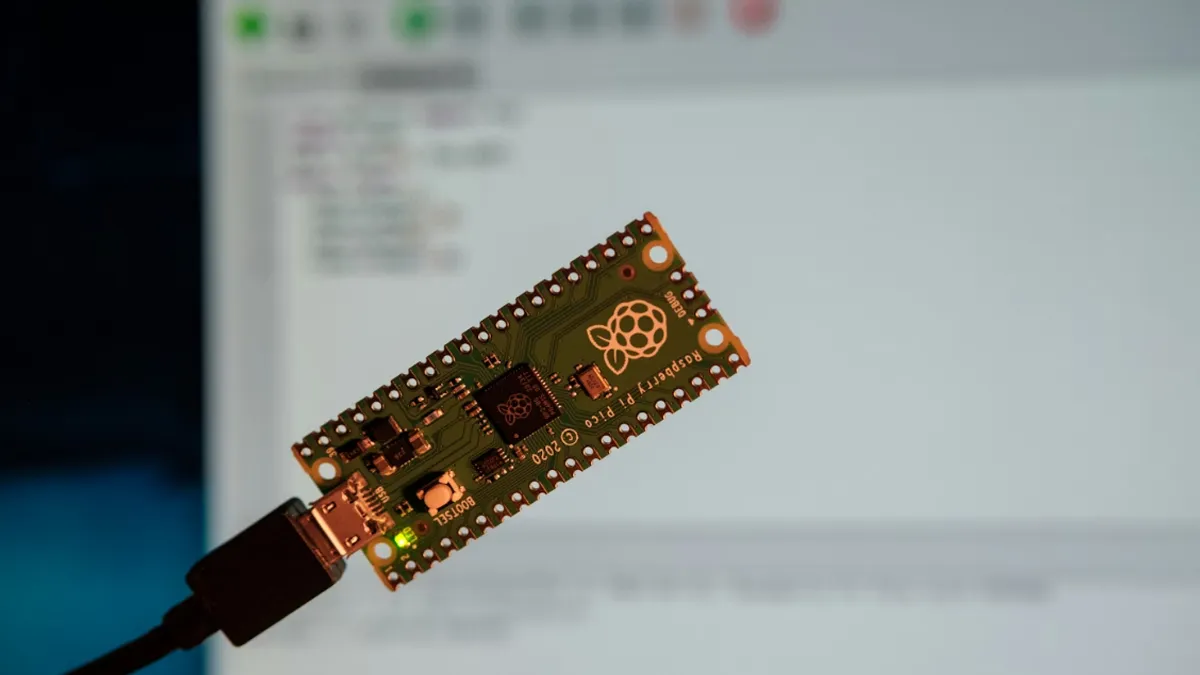
CB Certification for Lithium Batteries
Product Scope of cb certification for Batteries
CB certification covers portable sealed secondary cells and batteries that contain alkaline or non-acid electrolytes, including:
- Nickel cells
- Nickel batteries (packs)
- Lithium-ion cells
- Lithium-ion batteries (packs)
- Rechargeable batteries and battery packs used in portable devices

CB Certification Standards for Batteries
1. Portable secondary cells, batteries, power banks
Standards: iec 62133, iec 62368
2. Lithium batteries, power banks
Standard: IEC 62368
3. Secondary cells or batteries with alkaline or non-acid electrolytes
Standard: IEC 61951
4. Traction battery cells (lithium-based)
Standard: IEC 62660
5. Energy storage battery cells or systems (lithium-based)
Standards: IEC 62619 / IEC 62620 (for industrial performance requirements)
6. Energy storage battery systems (lithium-based)
Standard: IEC 60730 Annex H (for BMS functional safety assessment)
CB Certification Testing Requirements
Nickel-Based Batteries
Nickel Cells:
- Pre-treatment
- Continuous charging test
- Overcharge test
- Forced discharge test
- External short-circuit test
- Temperature cycling test
- Vibration test
- Free fall test
- Impact test
- Crush test
- High-altitude low-pressure simULation
- Thermal abuse (thermal shock)
- Incorrect installation test
Nickel Battery Packs:
- Pre-treatment
- Overcharge test
- External short-circuit test
- Temperature cycling test
- Vibration test
- Free fall test
- Impact test
- Molded casing stress at high temperature
Lithium-Based Batteries
Lithium-Ion Cells:
- Pre-treatment
- Continuous charging test
- Forced discharge test
- External short-circuit test
- Forced internal short-circuit test
- Free fall test
- Crush test
- Thermal abuse (thermal shock)
Lithium-Ion Battery Packs:
- Pre-treatment
- Overcharge test
- External short-circuit test
- Free fall test
- Molded casing stress
Key Considerations for CB Certification
1. cb test Certificate Application
- The cb test certificate can be applied through any National Certification Body (NCB) that covers the relevant product category.
- The applicant may be the manufacturer or an authorized representative of the manufacturer.
- If the applicant, manufacturer, or factory is located in a country without an IECEE member body, an additional fee must be paid per cb certificate to cover system operation costs. This fee is collected by the issuing NCB and paid to the IECEE.
- Applicants may request testing for national differences according to the target country.
2. Certification Process for Target Markets
- Submit an application to the certification body in the destination country.
- Provide the CB Test Certificate.
- Provide the cb test report (including national differences, if applicable).
- If requiRED by the destination country’s NCB, submit product samples.
_Note: The sample submission helps verify that the product matches the version tested by the issuing NCB and that all national differences are covered._
3. National Differences
- These refer to deviations between national regulations or standards and the corresponding international standards. All CB Scheme countries must submit their national differences to the IECEE Secretariat. These are published in the CB Bulletin.
4. No Factory Inspection Required
- CB certification does notrequire a factory inspection.
Email:hello@jjrlab.com
Write your message here and send it to us
 What is EU CE-RED Directive Certification?
What is EU CE-RED Directive Certification?
 What is CE certification electronics?
What is CE certification electronics?
 EU CE-RED Certification Guide for Wireless Product
EU CE-RED Certification Guide for Wireless Product
 How to get for Wireless CE Certification?
How to get for Wireless CE Certification?
 What is CE Certification for Wireless devices?
What is CE Certification for Wireless devices?
 Amazon Toy TIC Audit Costs, Timelines, and Testing
Amazon Toy TIC Audit Costs, Timelines, and Testing
 Amazon Direct Validation (DV) Audit
Amazon Direct Validation (DV) Audit
 Products Requiring Amazon TIC Certification Review
Products Requiring Amazon TIC Certification Review
Leave us a message
24-hour online customer service at any time to respond, so that you worry!




